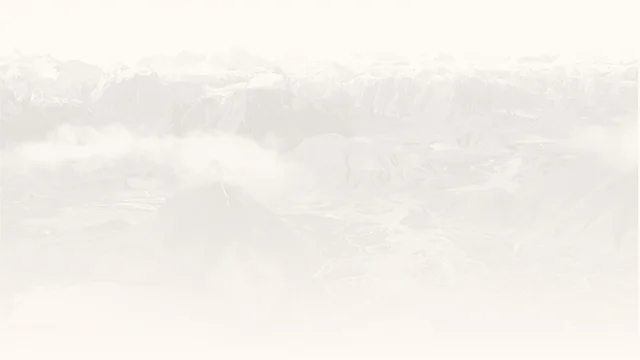
Reykjanes peninsula
Volcano info
A volcano has erupted in Iceland
The recent volcanic eruption in Iceland that began on March 16, 2024, has caught significant attention. This eruption, part of a series that started in December 2023, erupted near Grindavik on the Reykjanes Peninsula, marking the fourth occurrence within a few months. The Icelandic Meteorological Office reported that the eruption started at approximately 20:23 GMT, with a fissure about 3 km long spewing lava and smoke into the air, dramatically lighting up the night sky with bright orange lava against a dark backdrop.
Authorities evacuated areas, including the Blue Lagoon Hotel and Spa, and the few residents in Grindavik that still remained in their homes.
Officials have warned that the situation could lead to further evacuations and road closures at short notice, with potential disruptions to transport and threats from lava flows and ashfall.
This eruption is part of the ongoing volcanic activity on the Reykjanes Peninsula, which has seen significant seismic and volcanic activity since December 2019. This period marks a new volcanic cycle on the peninsula after approximately 800 years of dormancy. Volcanic activity in the region follows a cyclical pattern, with eruptions occurring at several locations across cycles that last about 300 to 400 years.
Since October 2023, the Eldvörp-Svartsengi volcanic system has experienced multiple intrusions, four of which led to the current series of eruptions.
Iceland's geographical position on the Mid-Atlantic Ridge means it is a hotspot for seismic and volcanic activity due to the movement of the Eurasian and North American tectonic plates. The recent activity has been more intense than usual, leading to thousands of earthquakes in the region and heightened alerts for possible eruptions.
For more detailed updates and information, it is advisable to monitor local news and the Icelandic Meteorological Office's announcements. Also, www.safetravel.is is the source of all the information related to volcanic activity and other things needed when traveling around Iceland.
Iceland is safe to travel to and probably one of the safest countries in the world. It's not called the land of fire and ice for nothing.
